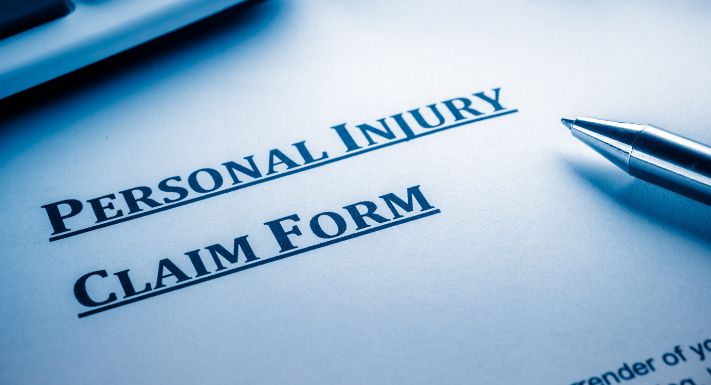
The Long-Term Effects of a Catastrophic Injury
June 9, 2023
Common Mistakes When Filing a Personal Injury Claim
June 30, 2023Playing a competitive sport is a great way to keep your body and mind active. However, when you voluntarily play a game, you assume the risk inherent to the sport. Many sports injuries cannot be traced directly to another person’s negligence or malice—a key component of a successful personal injury claim.
There are some exceptions, though. If you’re wondering whether athletes can sue for sports-related personal injury, this guide will be an invaluable resource for you.
Assumption of Risk
Assumption of risk applies to individuals who voluntarily participate in an activity that carries some safety hazards with it. Whether you’re riding a high-speed roller coaster or playing a game of tackle football, your consent to the activity means you also understand the risk involved.
What does this mean for you? Much of the time, injuries sustained during a sporting event do not count as personal injuries that you can litigate.
Exceptions to the Rule
If the circumstances leading up to your injury were not a normal and expected part of the game, contact a personal injury lawyer in Boise and tell them your story. The following exceptions may point toward another party’s negligence.
The Negligence Standard
An essential tenet of a successful personal injury suit is proving that another person’s negligence caused your injury. If another player failed to abide by the game’s safety rules and harmed you in the process, they breached their duty of care to you as a fellow athlete. This is known as the reasonable person standard.
Wanton and Willful Conduct
If you’re playing tackle football, you can reasonably expect to get tackled at least once. But if the other player uses excessive force that seriously injures you, your attorney may argue that they acted with malice. X-rays and medical records indicating the severity of your injury can act as crucial evidence in proving excessive force.
Defective Equipment
While playing a sport does mean you assume the risk of injuries during the course of the game, you do not assume any risk of getting hurt by faulty equipment. Defective helmets open you up to serious head injuries, and a discharge from a faulty paintball gun can be deadly. Discuss your concerns with your attorney; you may be able to sue the equipment manufacturer in a product liability claim.
Lawsuit Filing
While many sports-related injuries cannot be traced directly to another person’s negligence, you should consider hiring a personal injury lawyer if you believe your case has extenuating circumstances. If you were tackled or hit with excessive force, the player in question may be liable. Meanwhile, if your injury arose from broken or defective equipment, you and your lawyer can file a product liability suit against the manufacturer.
Can an athlete sue for a sports-related personal injury? Most of the time, the answer is no since consenting to play a sport means you understand the inherent risks involved. But if the circumstances of your injury are out of the ordinary, talk to an attorney at Rossman Law Group for a free legal consultation.





